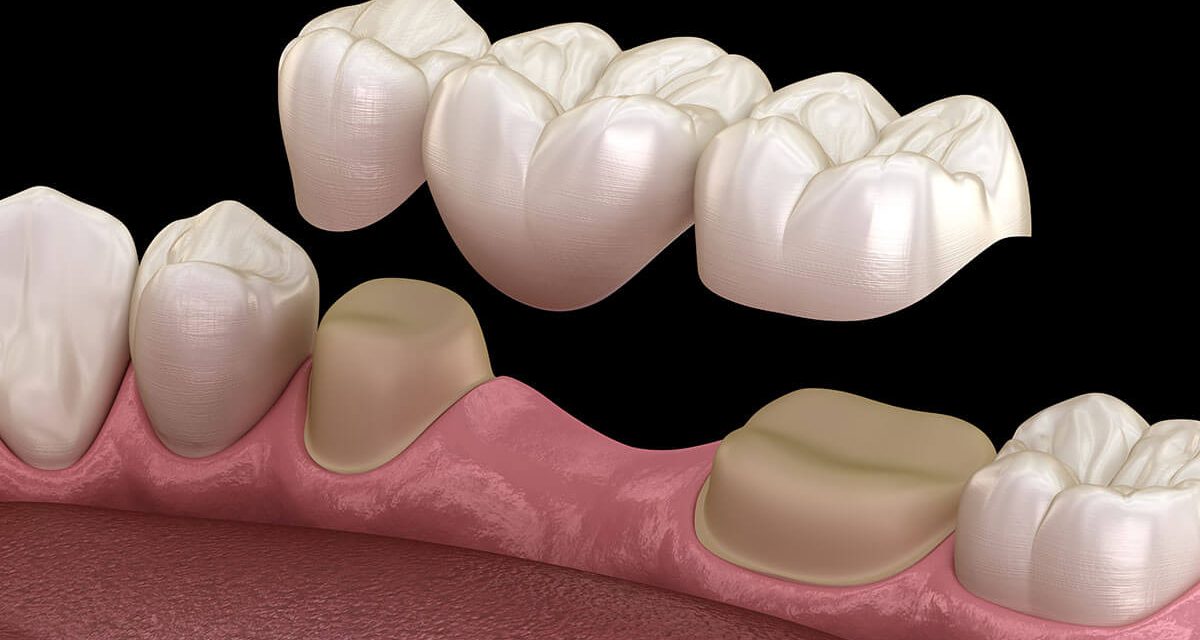-

020 8550 8217

Usually because you have had a tooth extracted or knocked out in an accident, leaving you with a gap in your teeth.
Closing the space is important for cosmetic reasons, but your dentist has good clinical reasons to fill in the space,
too: leaving the gap open can put extra strain on the teeth either side.
It can also affect your "bite", the teeth on either side of the gap may lean together into the space and
alter the way that the upper and lower teeth meet; which can cause further problems.
Once the teeth have been prepared, your dentist will take an "impression" (ie make a mould) of your teeth and take a measurement of how you bite together.
Often, your dentist will make you a temporary bridge so that you don't have a large gap while you are waiting for the new bridge to be fitted.
The impression, bite measurements and shade information are passed to a specialist dental laboratory to make it.
About a week or two after your first appointment your dentist will see you for a second time to fit the bridge using special bonding agents.
NB: you will need to use special dental floss to clean under and around your bridge after it is fitted. Your dentist or hygienist will explain how to do this.
Yes. Partial dentures and implants can sometimes be used.
Partial dentures are sometimes better where there are lots of gaps or where the gaps are very large.
A partial denture may also be more suitable if the teeth either side of the gap are not strong enough to support a bridge.
Implants may be a possibility in certain cases.